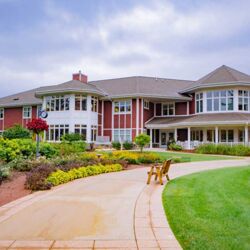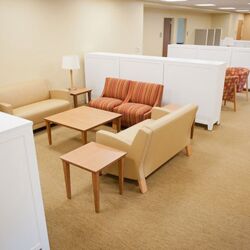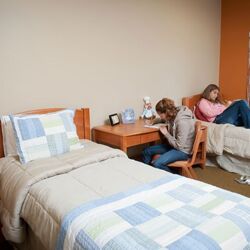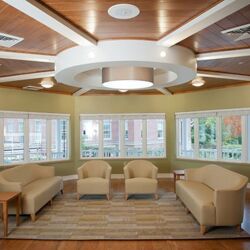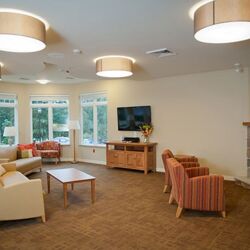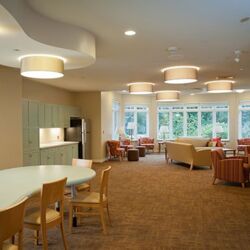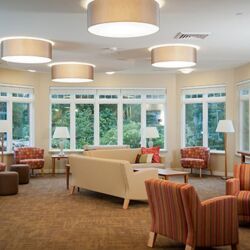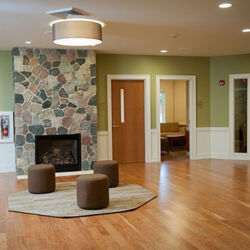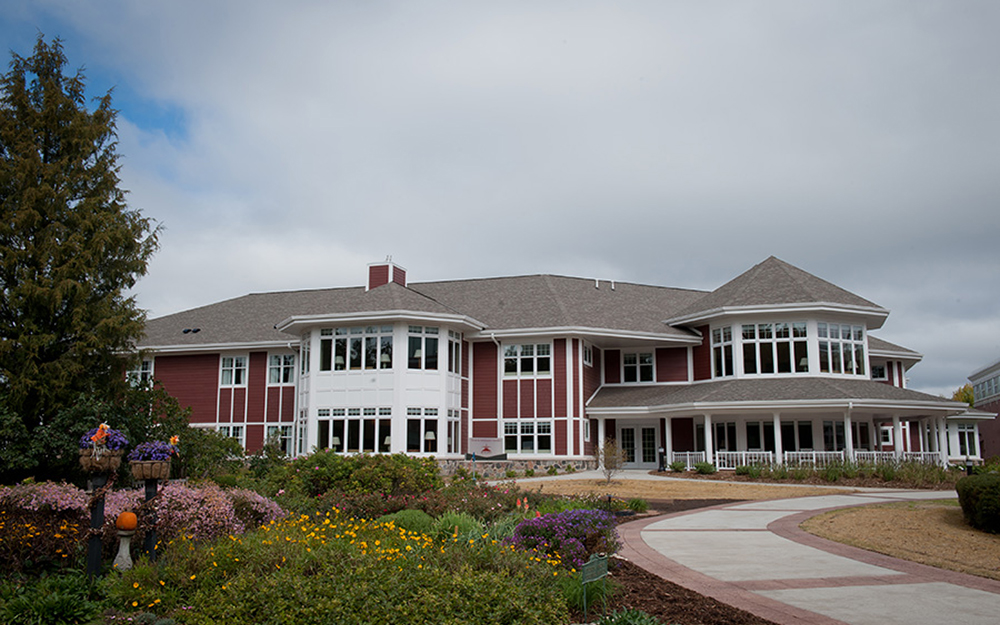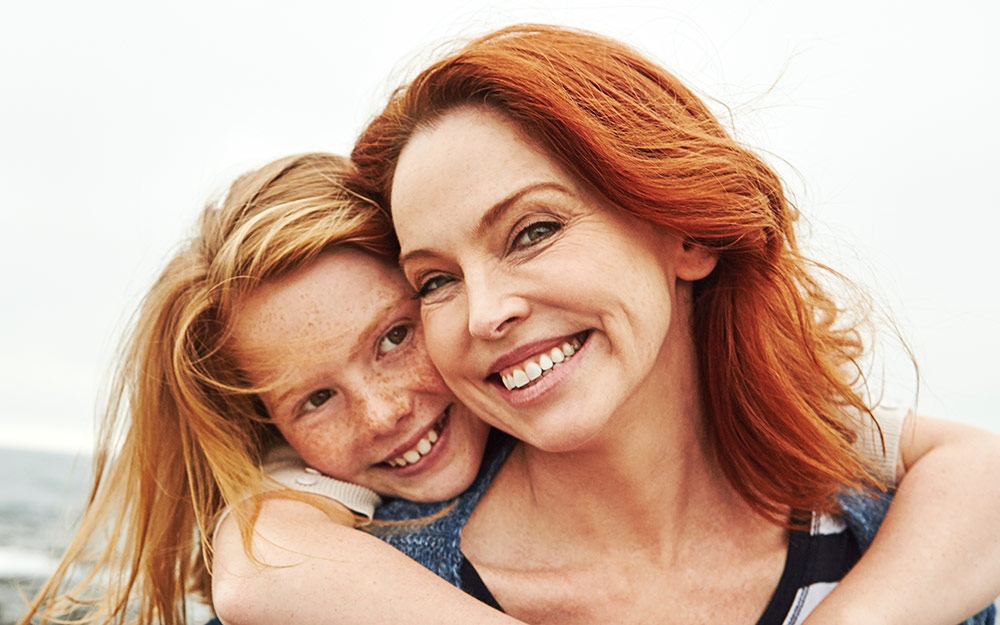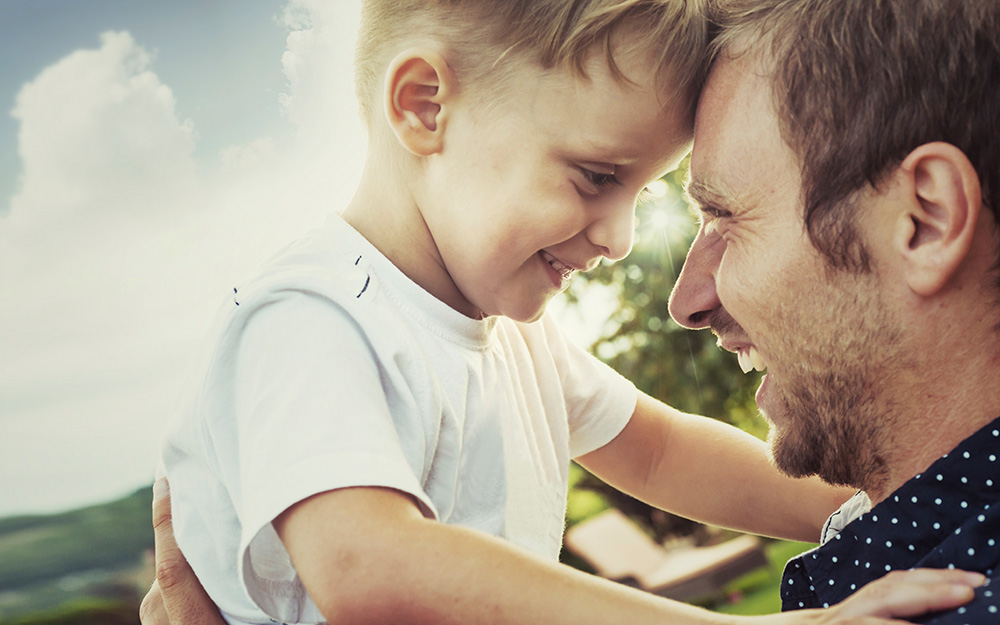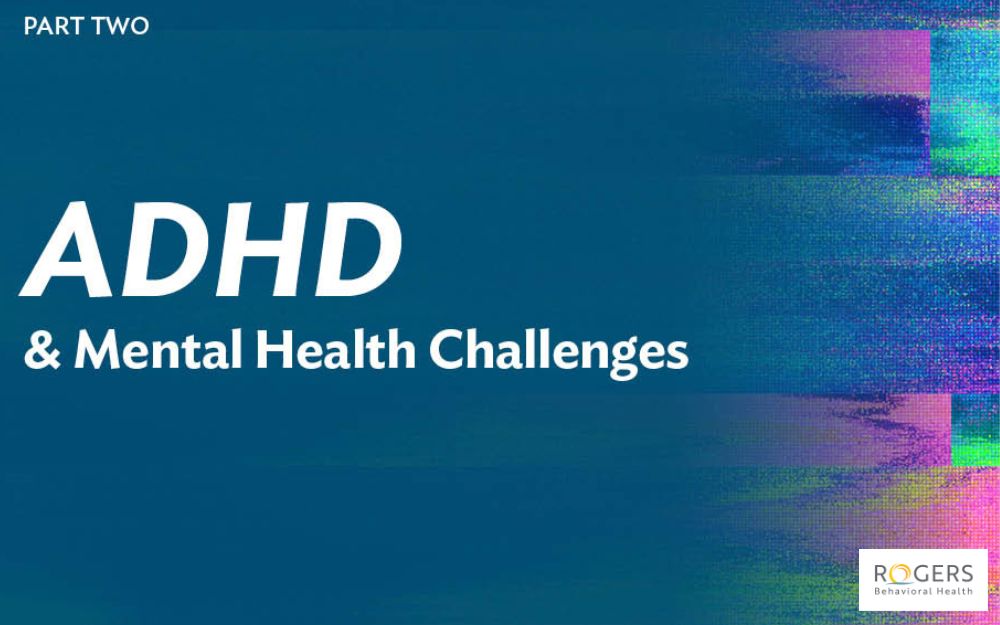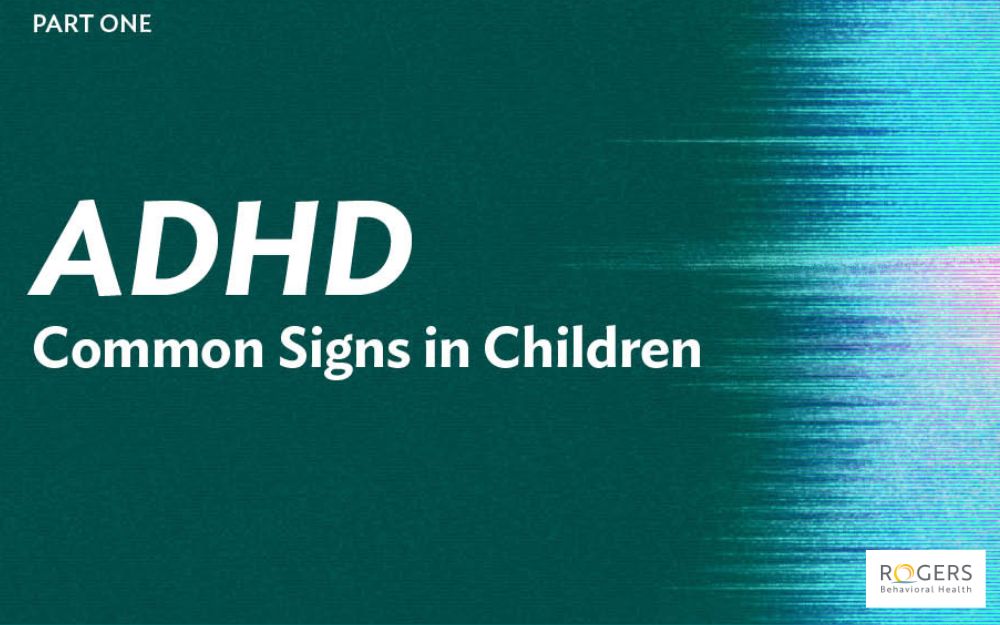
OCD and Anxiety Center Children's Residential Care
Residential care for children
We specialize in children’s behavioral health and those who need the extra level of care that residential treatment offers. We focus on children ages 8 to 14 in our OCD and Anxiety children’s residential care, which was one of the first residential treatment facilities in the nation with comprehensive assessment and treatment for kids. Our outcomes show that our OCD and anxiety disorders treatment works.
Led by a full-time, board-certified child and adolescent psychiatrist, each member of our treatment team excels at creating strong bonds with children and families. Individual care plans meet the specific needs of children. And when a child comes home, they are ready to be a kid again.
What we treat
Rogers ensures specialty residential care for kids as part of a continuum of care for children and adolescents that spans several specialty areas. While we emphasize treatment for OCD and related anxiety disorders, we can help children facing the following disorders:
- Obsessive-compulsive disorder (OCD)
- OC-spectrum disorders
- Anxiety disorders
- Generalized anxiety
- Social anxiety
- Separation anxiety
- Agoraphobia
- Specific phobias
- Selective mutism
- Panic disorder
- Trichotillomania
- Excoriation disorders
- Body dysmorphic disorder
- Hoarding
- Co-occurring disorders
- Depression and other mood disorders
- ADHD
- Disordered eating
- Multiple comorbidities and complex cases
If your child is struggling with anxiety at school or refusing to go to school find helpful resources, including podcasts and downloadable information, on our Anxiety in Schools and School Refusal pages.
"Jake would say, ‘The world is full of red and blue people and I’m green and I am so alone.’ About a week after getting to Rogers, he called to say, ‘Rogers is full of kids who are green.’"
Our campus in Oconomowoc, Wisconsin is a safe, secure environment where parents can rest assured their child is receiving quality care while living on site for approximately 45 to 60 days.
Treatment components
Each child’s treatment at Rogers is unique to their needs. They will experience individual and group therapy with a board-certified child and adolescent psychiatrist, a therapist, and a behavioral specialist several times a week.
In these sessions, cognitive behavioral therapy (CBT) is the proven effective foundation of care, along with an emphasis on exposure and response prevention (ERP) for OCD and anxiety. Both are treatments of choice for OCD and anxiety.
We help each child reduce symptoms as they learn to identify and correct errors in thinking and gain skills to manage thoughts that can impact behavior. With ERP, they develop hierarchies to gradually increase exposure to their obsessions and compulsions—and learn to manage them.
Experiential therapy is important, too. Walking on a trail, planting spring flowers, being challenged on a ropes course, spending time with a pet… all are experiences that help build communication, cooperation, confidence, and skills like problem-solving.
Treatment and therapy may also include:
- Medication management
- Nutrition and health education
- Field trips and outings
- Spiritual care
- Personal recovery plan for continuing care
Family involvement
Parents and family members play an important role in successful treatment outcomes. Family education and therapy sessions help parents and their child work through common challenges and build stronger relationships.
Friends and Family University helps parents and caregivers become familiar with the types of treatment and terminology a child learns during treatment. Through a series of educational seminars, our clinical staff helps loved ones feel more confident and comfortable in applying the principles they learn, and by joining in, it helps ensure a successful transition back home.
Education services and advocacy
We help children stay as active in school as possible during their stay with daily school sessions. Rogers’ certified teachers will, with consent, work directly with a child’s school to assess educational needs and help with reintegration.
Cognitive behavioral therapy (CBT): 3 hours daily + evening homework time
CBT is highly effective in helping patients make changes in their behaviors, thoughts, and emotions.
A component of CBT, ERP helps individuals gradually confront their fears and reduce their anxiety in a planned manner. Working through these “hierarchies” of addressing fears provides a thorough, creative approach for effective treatment.
Experiential therapy: 5-7 times per week
Includes horticultural, recreational, and art therapy to strengthen coping skills while learning to connect and express thoughts in many ways. From indoor rock walls and ropes courses to hiking trails and bike paths, Rogers offers the ability to engage in therapies outside of traditional group and individual treatment spaces.
Family therapy: 1 time per week
Consists of psychoeducation for families from various treatment team members, working with your child to reduce accommodations.
Meet with psychiatrist: 2 to 3 times per week
Meet with therapist individually: a minimum of 1 time a week + process group 5 times a week
Nutrition therapy: 1 time per week
Group session facilitated by a registered dietician implementing CBT exposure work
Pet therapy: 1 time per week
Spiritual care: offered as needed
Therapeutic passes and community outings: (throughout the week)
Allow patients to experience triggering real-life situations and process their challenges and progress with the treatment team and their families.
-
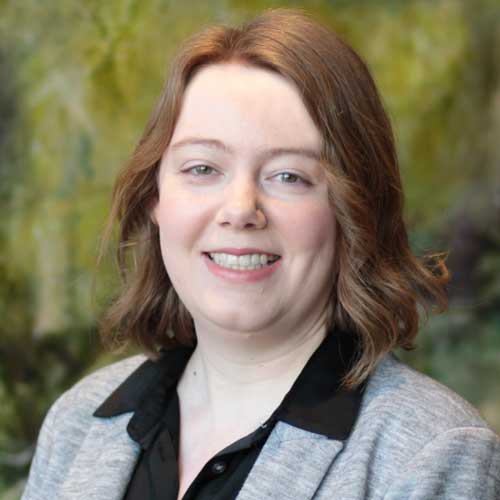
Sarah R. Lee, PhD, LP
Clinical Supervisor, Psychologist, OCD and Anxiety Center Children’s Residential Care; OCD, Anxiety, and Depression Center for Adolescent Residential Care
Sarah Lee, PhD, LP, is a licensed psychologist and clinical supervisor at Rogers in Oconomowoc, Wisconsin. She provides supervision and training to behavior specialists and therapists working with ...
Read More -
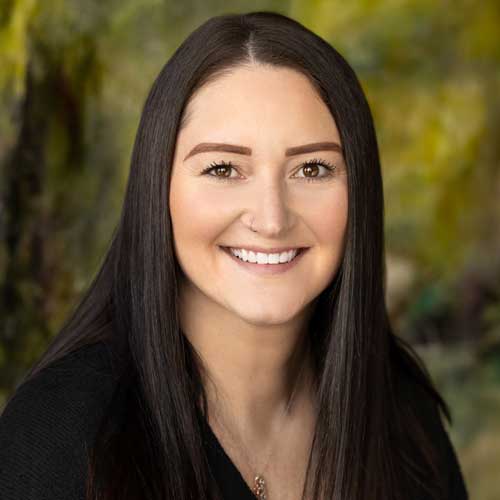
Jennifer Skemp, MSW, APSW
Manager of Operations, OCD and Anxiety Center, Child and Adolescent Residential Care
Jennifer Skemp, MSW, APSW, is manager of operations for child and adolescent residential care at the OCD and Anxiety Center in Oconomowoc.
Jen joined Rogers in 2012 as a therapist in ...
Read More -
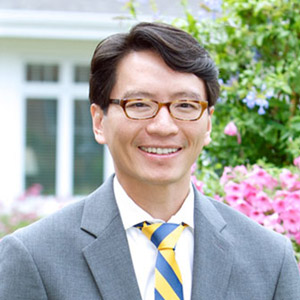
Cuong Tieu, MD
Medical Director, OCD and Anxiety Center Children's Residential Care, Psychiatrist
Cuong Tieu, MD, is the medical director of the OCD and Anxiety Center Children's Residential Care on the Rogers Behavioral Health campus in Oconomowoc. Dr. Tieu specializes in treating children ...
Read More
Our staff members excel at connecting with the children in their care. They know how to strike a balance between enthusiastically guiding a child through the center’s activities and providing emotional support during challenging situations or tough transitions.
Children in our care have access to a full range of health specialists specifically trained for their age group, including:
- Board-certified child and adolescent psychiatrists
- Licensed clinical psychologists
- Master’s level therapists
- Behavioral specialists
- Pediatric, family practice and internal medicine physicians
- Registered psychiatric nurses
- Registered dietitians
- Experiential therapists
- Certified teachers
- Child and adolescent trained counselors
Our staff stays up-to-date with the latest advances in emotional and behavioral treatment and can provide valuable guidance to help children reach their goals.
OCD and Anxiety Center Children's Residential Care setting and tour
Located on 50 acres of wooded lakefront property in southeastern Wisconsin, parents and children alike enjoy the natural beauty of our surroundings in the OCD and Anxiety Center's comfortable setting. Located in Oconomowoc, Wisconsin, it's bright, open community spaces, semi-private bedrooms, and a warm, welcoming décor are part of a safe, secure environment.
The Oconomowoc campus, nestled between two lakes, provides an ideal atmosphere for growth. An indoor and outdoor ropes and challenge course, gymnasium, courtyard and greenhouse, art studio, playground, hiking trails, and open outdoor spaces provide outlets for energy as well as opportunities for a child to discover their personal strengths.
Click on the images to view larger.
Concerned your child is struggling and could benefit from residential care?
Contact us today to request a free confidential screening.
Call 800-767-4411
Successful Clinical Outcomes
Data collected before and after treatment shows Rogers' treatment works. View more successful outcomes.
Child Yale-Brown Obsessive Compulsive Scale
Overcoming OCD and Anxiety as a Teen: Maya's Story
Next Steps
Residential care
Children, teens and adults find intensive care through Rogers’ renowned residential care.
Find a program
View our complete listing of treatment options available at every Rogers location.

